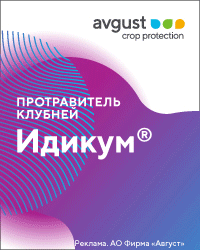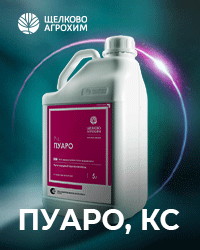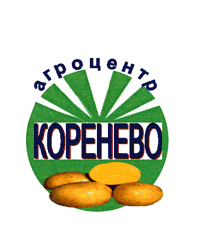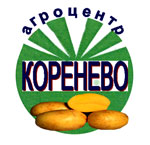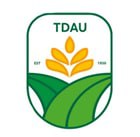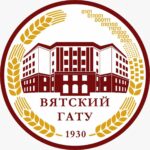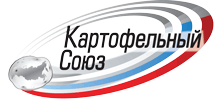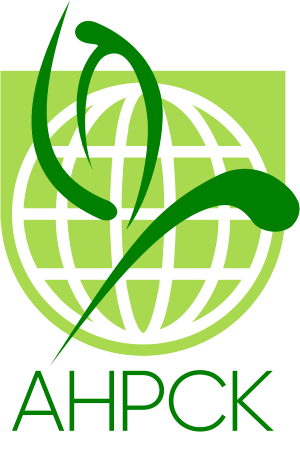UDC 365:631.5 (476)
https://doi.org/10.25630/PAV.2022.28.26.002
Autko A.A., Autko An.A., Butov I.S.
Eco-friendly vegetables are the basis of our health. However, in order to consume such products daily, it is necessary to adjust the parameters of the technological process by creating environmental agriculture. One of such methods is the ecologized cultivation of agricultural crops, which provides for the possibility of maximum reduction of the pesticide load on plants and soil, as well as the use of modern technical means and new agricultural techniques. The whole complex of these measures contributes to increasing the productivity of cultivated crops, preserving soil fertility and improving the safety of vegetable products. From a practical point of view, it is necessary to consider the production of vegetable, spicy-aromatic and medicinal crops in two parallel systems: organic farming, which excludes the use of mineral chemical fertilizers and protective agents, and ecologized, where it is envisaged to reduce the chemical load on plants and soil. Within the framework of this system, a complex of agricultural practices is presented, which provide for resource-saving multi-depth loosening of the soil without turnover of the formation after grain crops cultivated in vegetable crop rotation, the use of crop crops in the post-harvest period, the development of ecological and biological crop rotations, cultivation of crops through cassette seedlings, the use of profiled soil surface, unification of sowing schemes, localization of application of working solutions of fertilizers, etc. plant protection products, the use of tank mixtures of pesticides with growth regulators and the destruction of weeds by mechanical means in the pre-sowing and pre-planting periods. For production conditions in the system of ecologized agriculture, farms do not need to rebuild the entire technological process as in organic farming. Within the framework of this system, new modern technologies should also be mastered without the use of synthetic mineral fertilizers and chemical plant protection products, and permitted fertilizers, biological methods of combating diseases and pests, as well as resource-saving sparing methods of tillage can be used. As a result of the application of the necessary complex of agricultural methods, the pesticide load is reduced and the production of high-quality environmentally friendly products is guaranteed.
Key words: ecologized agriculture, organic vegetable growing, bio-organic crop rotation, resource-saving technologies, reduction of pesticide load, cassette seedlings, narrow-profile ridges
Autko A.A., D. Sci. (Agr.), chief research fellow of Department of mechanization of agricultural production of EI Grodno State Agrarian University. E-mail: autko-alexander@rambler.ru
Autko An.A., Cand. Sci. (Biol.), senior research fellow of laboratory of technological research, RUE Institute for Vegetable Growing
Butov I.S., Cand. Sci. (Agr.), editor-journalist, Potato and vegetables journal. E-mail: illiabutov@gmail.com
- Autko A.A., Butov I.S. Vegetable growing of the Republic of Belarus. Potato and vegetables. 2020. No2. Pp. 12–15. DOI: 10.25630/PAV.2020.18.2.002. (In Russ.).
- Makrak S.V. Development of the market of vegetable seeds in the Republic of Belarus on the basis of instruments of state regulation. Agrarian Economics. 2022. No4. Pp. 32–46. DOI: 10.29235/1818-9806-2022-4-32-46. (In Russ.).
- Butov I.S. Ecologized approach. Potato and vegetables. 2021. No10. P. 20 (In Russ.).
- Autko A.A., Rupasova Zh.A., Autko An.A. Bioecological features of growing spicy-aromatic medicinal plants. Minsk: Tonpik, 2003. 158 p. (In Russ.).
- Autko A.A., Ganush G.I. Increasing the level of environmental safety of vegetable and potato production. Belarusian agriculture. 2017. No2. Pp. 22–25. (In Russ.).
- Dobvan K.I. Transition from traditional to bio-organic farming in the Republic of Belarus. Minsk. Belorus. nauka. 2006. 88 p. (In Russ.).
- Litvinov S.S. Problems of ecologization of vegetable growing in Russia. Moscow. Russian Agricultural Academy. 1998. 364 p. (In Russ.).
- Ovsyannikov Yu.A. Theoretical foundations of ecological and biosphere agriculture. Yekaterinburg. Publishing House of the Ural University. 2000. 264 p. (In Russ.).
- Viletskii I.N. Methodological guidelines for the use of herbicides by the tape method. Moscow. Kolos. 1970. 32 p. (In Russ.).
- Strygin S.P. Substantiation of the modes and parameters of the use of combined aggregates during the belt application of herbicides. 2009. No2. Pp. 11–12 (In Russ.).
- Aristovskaya T.V., Chugunova M.V. Express-method for determining the biological activity of soil. Soil science. 1989. No11. Pp. 142–147 (In Russ.).
- Kandybin N.V., Smirnov O.V. Microbiologization – an alternative to chemicalization in obtaining environmentally safe crop production: regional recommendations. Pushchino. 1995. Vol.1. Pp. 66–72 (In Russ.).
- Kolkova I.A. Influence of tillage on fertility and agrophysical properties. Young scientist. 2017. No29. Pp. 39–42 (In Russ.).
For citing: Autko A.A., Autko An.A., Butov I.S. Ecologization and mechanization of the production of vegetable crops, spicy-aromatic and medicinal plants in Belarus. Potato and vegetables. 2022. No6. Pp. 18-22. https://doi.org/10.25630/PAV.2022.28.26.002 (In Russ.).

